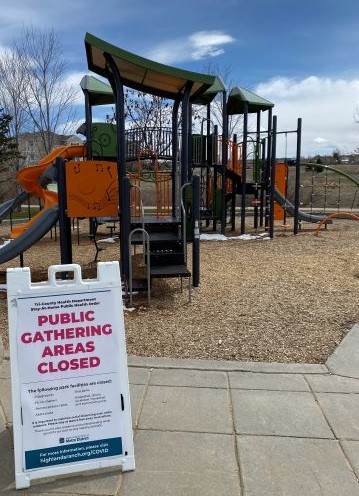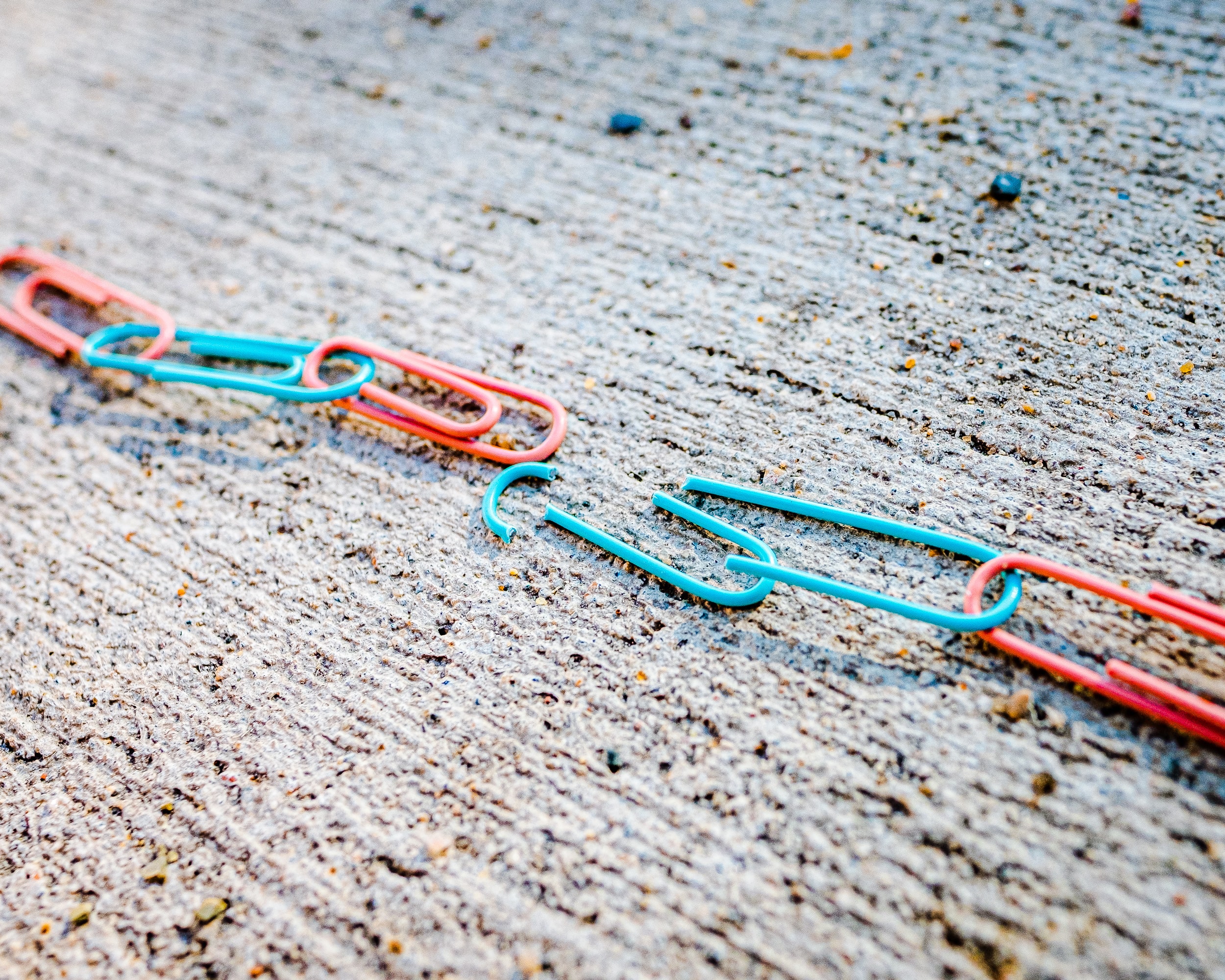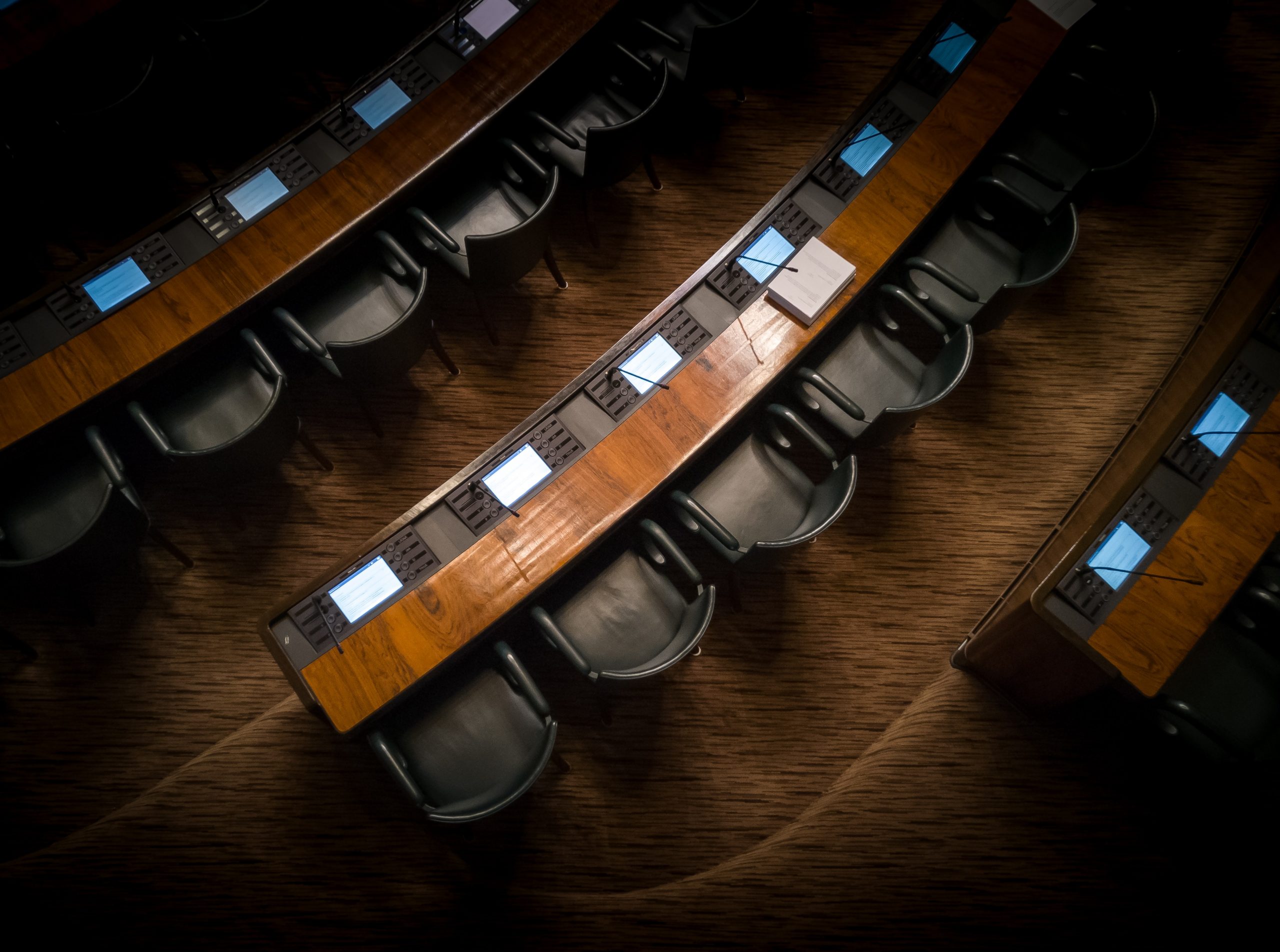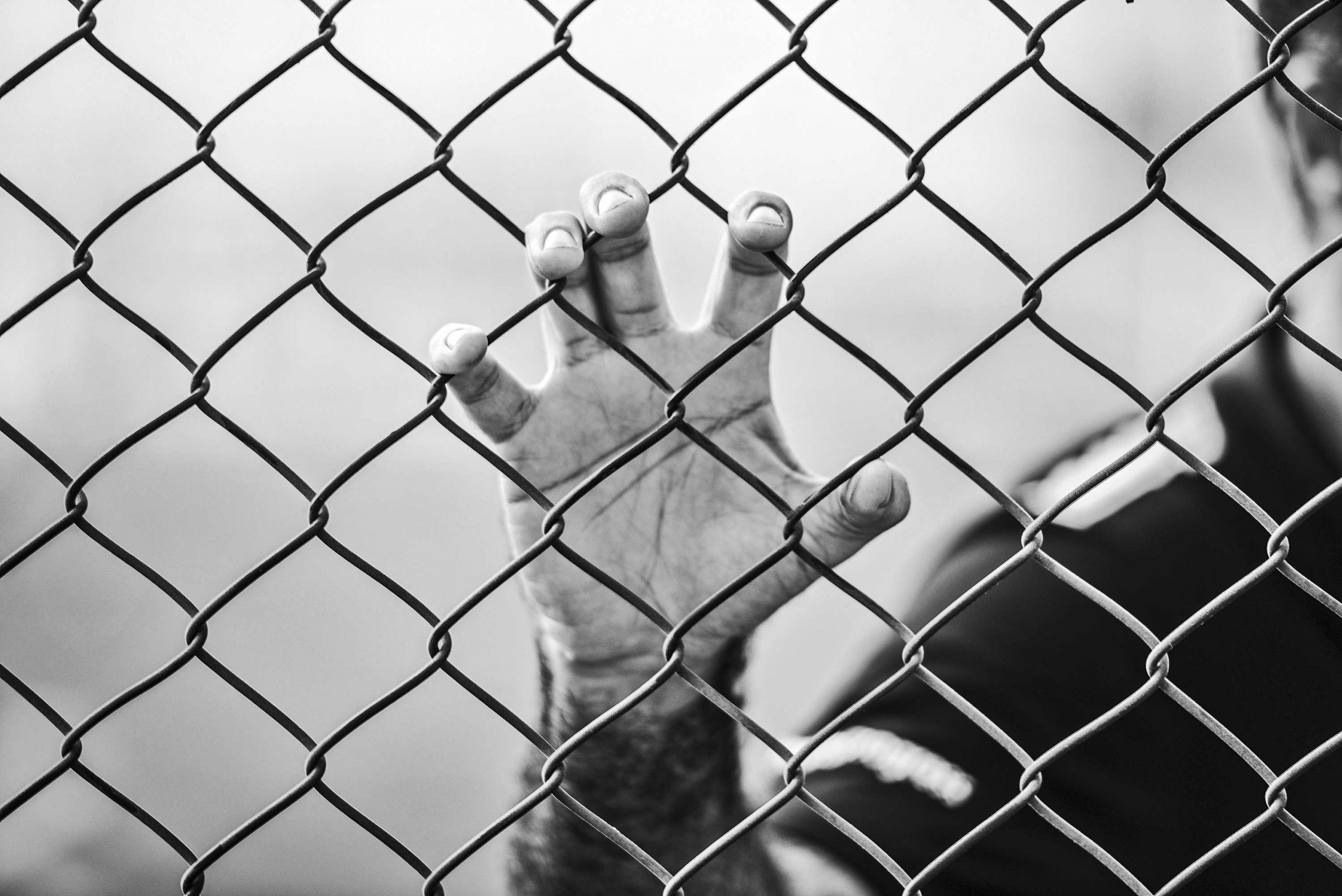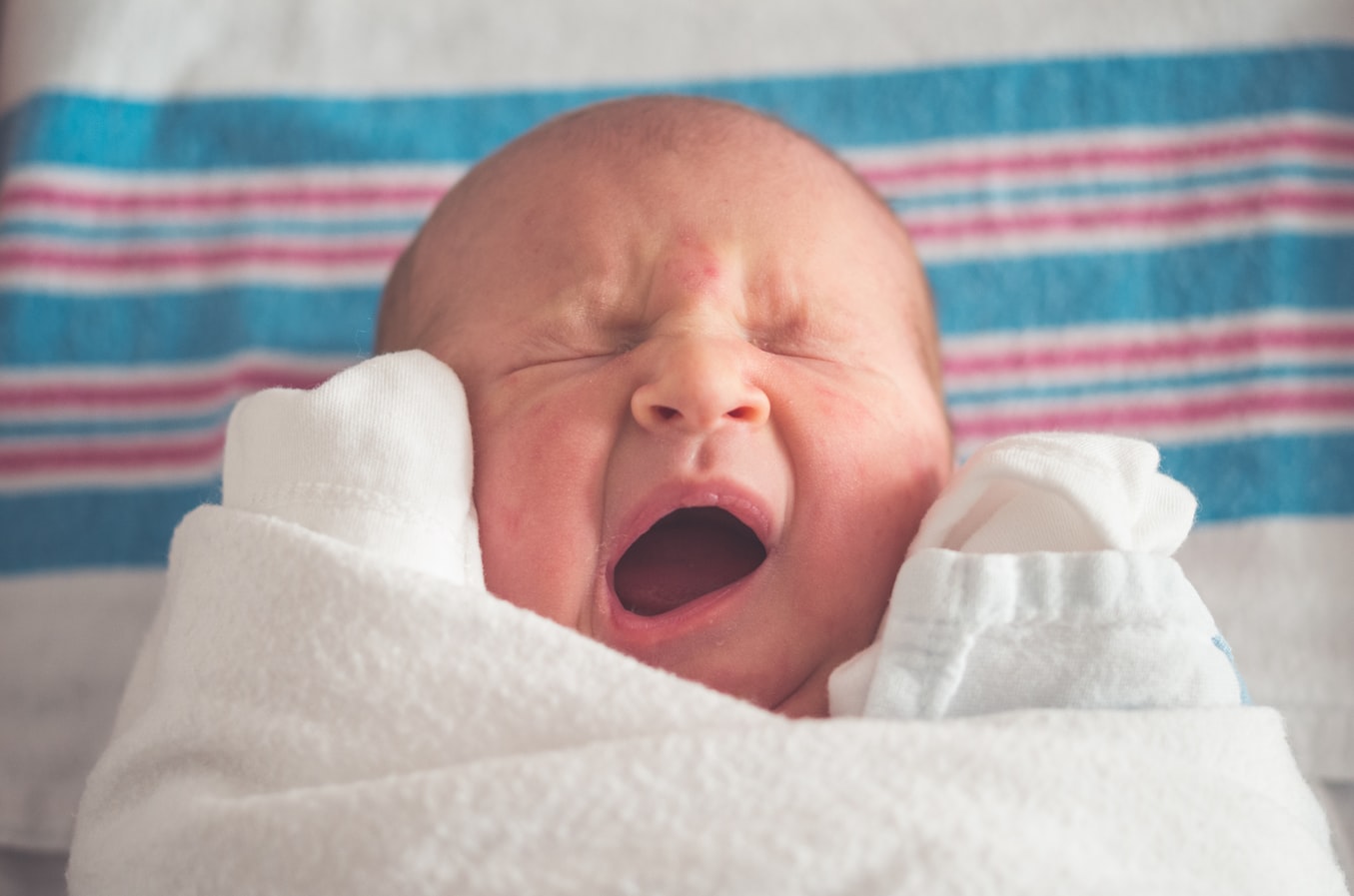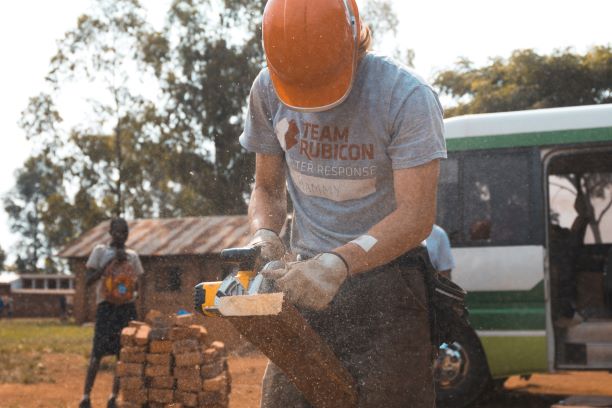Dr. Lori Peek, Director of the Natural Hazards Center (NHC) in the Institute of Behavioral Science, was interviewed for a CU Boulder Today article focusing on the social science impacts of COVID-19. The NHC launched the COVID-19 Global Research Registry for Publich Health and Social Sciences this week, cataloguing projects and helping create collaboraton across various disciplines and institutions. In addition to reserachers studying the social, behavioral, or public health aspects of the pandemic, other such as journalists and funding agencies will be able to use the registry to look for story ideas, fellow researchers, and possible funding sources.
“This is a transformative moment for the social and behavioral sciences,” said Center Director and sociology Professor Lori Peek. “We have decades of lessons learned from past disasters to apply. But this is the first global event in living memory that reveals so fully our need to understand human behavior. We are mobilizing to learn from it and use that knowledge for public good.”
(CU Boulder Today: "COVID-19: A 'transofmative' moment for social science.", by Lisa Marshall)
As part of efforts coordinated with CONVERGE, the NSF funded center within the NHC to coordinate social science research in reponse to natural disasters, Peek is also hosting a virtual forum today, Friday April 3, 2020 from 3-4:30pm MDT to bring social scientists who are studying the pandemic together.
